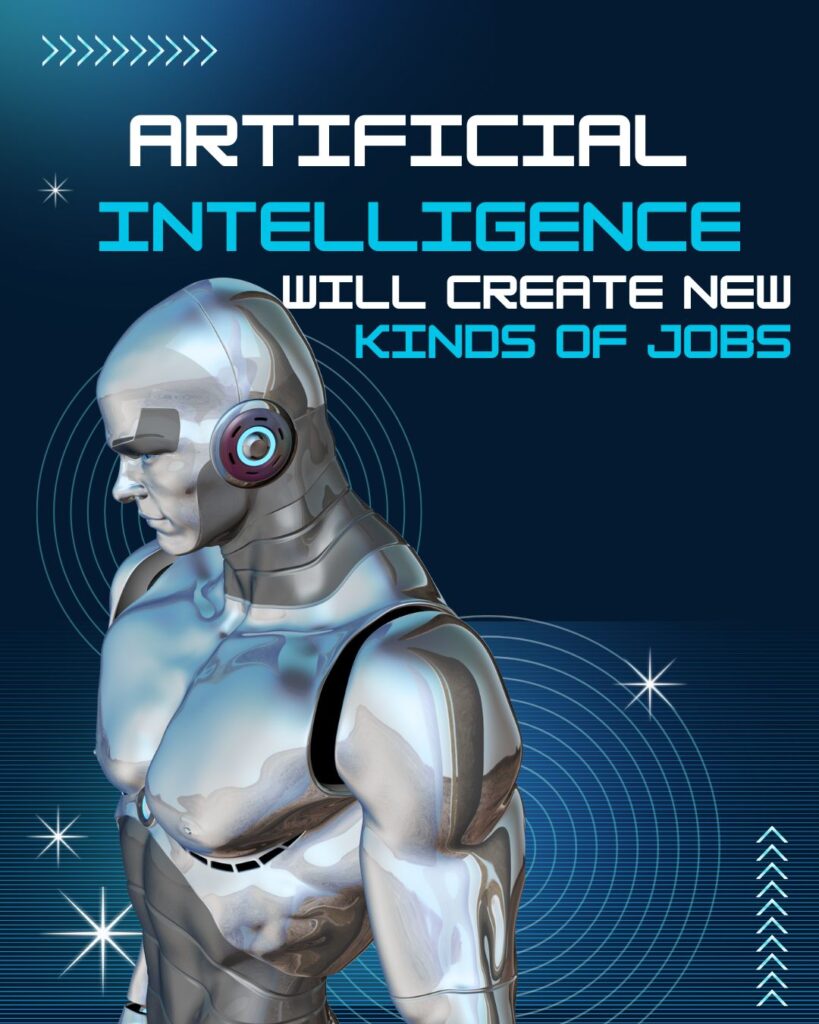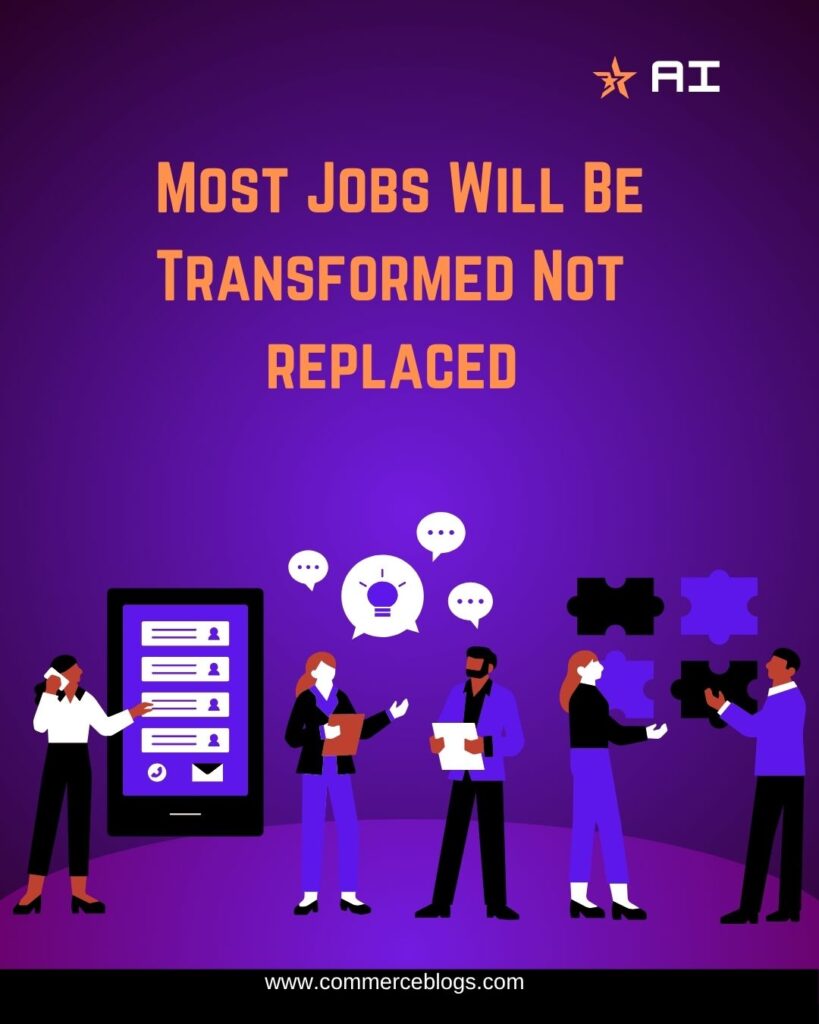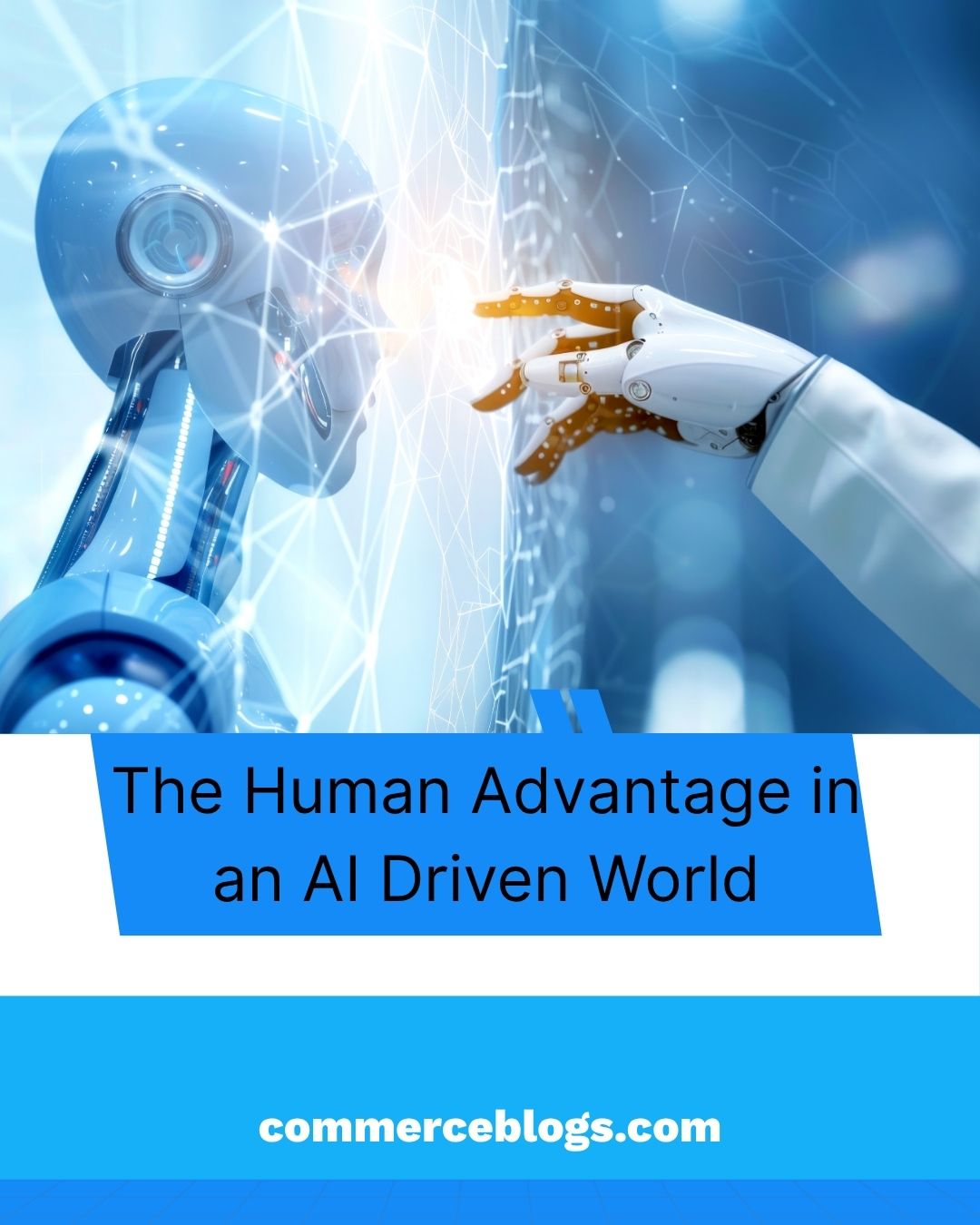Introduction to The Human Advantage in an AI Driven World
In this article we will go through the topic The Human Advantage in an AI Driven World. One of the most pressing concerns around artificial intelligence (AI) is its potential impact on employment. Questions like “Is my job safe?” or “Will my children find meaningful work in an AI-dominated future?” are increasingly common. This anxiety stems from the fact that AI is a cognitive technology perhaps the first tool we’ve created that mimics human thought processes.
It now performs tasks traditionally considered deeply human, such as creativity, art, writing, mathematics, and coding. Understandably, this triggers a primal fear: fear of job loss, loss of relevance, and even a loss of identity within society.
But these fears about new technology aren’t unique to AI. History shows us that every major technological shift brings a wave of anxiety. For instance, during the Industrial Revolution, the introduction of steam-powered machines sparked widespread concern among workers who feared for their livelihoods. Fast forward to the late 20th century, when the rise of automation and robotics in manufacturing led to similar panic.
The Human Advantage in an AI Driven World
In many parts of the world including India there was resistance to computers in offices. Some labor unions protested, worried that automation would replace clerks, typists, and administrative staff. Yet, the outcome was quite different. While certain repetitive jobs did fade, the digital revolution gave birth to entirely new industries, roles, and opportunities. Over time, technology didn’t just create jobs it reshaped economies. In India’s case, it laid the foundation for the booming IT and services sector, positioning the country as a global technology leader.
Today, as Generative AI (GenAI) sweeps across industries and reshapes workplaces, a similar concern resurfaces but this time, the scale is broader. Interestingly, we often conflate “jobs” with “work,” failing to recognize that while specific job roles may change, the nature of work itself evolves. AI may affect certain job functions, but it also creates new ones. To better understand this shift, it helps to look through four lenses one of them being the uniquely human capacity for emotion.
Jobs that depend on human empathy, care, or physical presence are less likely to be replaced by AI. As noted by AI expert Kai-Fu Lee, roles that require emotions like love, compassion, or physical interaction such as elderly care workers, nurses, farmers, or construction laborers are safe, at least for now.
Read Also : https://commerceblogs.com/what-are-the-concepts-and-measurement-of-income/
AI Will Create New Kinds of Jobs
Throughout history, every technological revolution from the agricultural era to the industrial and digital ages has generated more jobs than it destroyed. While we can’t yet predict the exact nature or number of jobs AI will create, we already see new roles emerging.

For example,
- Prompt Engineers: Those skilled at crafting effective AI prompts by combining language proficiency with domain expertise.
- AI Ethicists: Professionals who address the ethical challenges AI raises in fields like privacy, bias, and governance.
- GenAI SEO/ORM Specialists: Experts in ensuring favorable AI-generated content about people, brands, or products online.
Most Jobs Will Be Transformed — Not Replaced
AI is likely to affect around 60% of jobs in some way but that doesn’t mean those jobs will go away. Instead, many will change and improve. For example, writers can use AI tools to quickly come up with ideas or rough drafts, saving time for more creative work. People in marketing are using AI to better understand customer needs and create more personalized ads. Designers and artists use AI to get new ideas or speed up the early stages of their work. In all these cases, AI isn’t replacing people it’s helping them work faster, smarter, and more creatively.

The Real Threat: Humans Not Using AI
This brings us to the central insight: AI will not replace you but a human using AI might. This idea was clearly explained by Nvidia CEO Jensen Huang during a talk with Omar Al Olama, the UAE’s Minister of AI. When asked what skills people should focus on in the age of AI, Huang gave a surprising answer. He said that instead of everyone learning how to code, the goal should be to make AI so easy to use that anyone can work with it just by using everyday languages like English, Hindi, or Spanish.
For example, instead of writing computer code, people could simply give instructions to AI in plain language, like asking it to create a presentation, write an email, or analyze some data. The real power of AI, he said, is that it will make technology easier and more accessible for everyone not just for programmers.
The Human Advantage in an AI Driven World
Read Also : https://commerceblogs.com/mukesh-ambani-a-titan-of-an-industry/
The Rise of Human-Centric Skills
The true revolution GenAI is ushering in is a narrowing of the gap between human and machine. As we move away from machine languages like Python and C++, we are entering an era where communication with AI happens in human languages. This shift makes advanced technology more accessible to everyone not just coders.
At the same time, it’s becoming clear that the most valuable and enduring skills in the AI era will be human-centric. While technical and analytical skills may become increasingly automated, emotional intelligence, critical thinking, empathy, and interpersonal abilities long labeled as “soft skills” will rise in importance.


“The Future of Artificial Intelligence: Trends and Insights” is a great AI blog, exploring machine learning, NLP, and computer vision applications in industries like healthcare and finance. It discusses AI challenges and ethics, making it a valuable resource for staying updated on AI trends.
A beautifully articulated piece! You’ve balanced the potential of AI with the irreplaceable qualities of human intelligence so insightfully. Your perspective on collaboration rather than competition between humans and AI truly stands out. Looking forward to reading more from you!